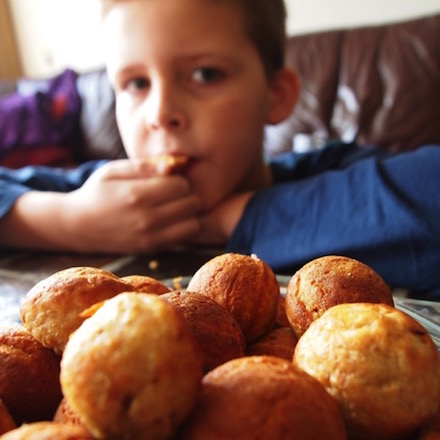
Gluten was found to be the cause of a childhood case of obsessive-compulsive disorder (OCD). In this case report, published in January this year: Integrative Medicine Approach to Pediatric Obsessive-Compulsive Disorder and Anxiety, the authors state
This case study is the first reported case of OCD associated with non-celiac gluten sensitivity.
Pediatric obsessive-compulsive disorder (OCD) is prevalent in 1% to 2% of the population. Emerging studies have correlated non-celiac gluten sensitivity with psychiatric conditions such as schizophrenia, depression, mania, and anxiety.
The 7-year-old boy was treated at an integrative medicine practice in the United States and experienced these results on a gluten-free diet together with other integrative medicine modalities:
marked reduction of OCD symptoms and anxiety along with marked improvement of social behavior and school work
The authors conclude the following and recommend further research:
The patient’s rapid response without side effects behooves the medical research community to further investigate the association of non-celiac gluten sensitivity and pediatric OCD.
These are truly amazing results and I always recommend that anyone with any mental health condition needs to consider the effects of gluten. I have all my clients go gluten-free for this very reason. Even if you don’t have a diagnosis of OCD, going gluten-free frequently helps with the obsessive thinking, ruminating thoughts, negative self-talk, anxiety and worry.
Of course, this approach or this approach alone, may not work with everyone with OCD (severe or mild) since the root cause can be multi-faceted.
Other approaches for OCD could also include (with or without a gluten-free diet, although I’d err on the side of caution and always remove gluten):
- Addressing low serotonin with 5-HTP or tryptophan. Inositol is also very helpful for obsessive thoughts and/or behaviors. I blogged about a success story here: Anxiety and OCD: Inositol instead of tryptophan or 5-HTP?
- Addressing nutritional deficiencies using a multi-vitamin and -mineral combination. In this study, an 8-year-old boy with OCD and explosive rage issues benefited from this approach. In this case study, an 18-year-old who had not benefited much from CBT, saw mood stabilization, anxiety reduction, and obsessions in remission after just 8 weeks on the multi-vitamin and -mineral combination. His symptoms retuned when he stopped taking it and improved when he added it back.
- Addressing pediatric autoimmune neuropsychiatric disorders associated with streptococcal infections (or PANDAS) and pediatric acute-onset neuropsychiatric syndrome (PANS) which can cause OCD type behaviors, bed-wetting, tics, night-time fears, separation anxiety, learning regression, and handwriting disabilities.
Please share if you’ve found benefits from any of the above approaches for OCD, obsessive thinking or anxiety.